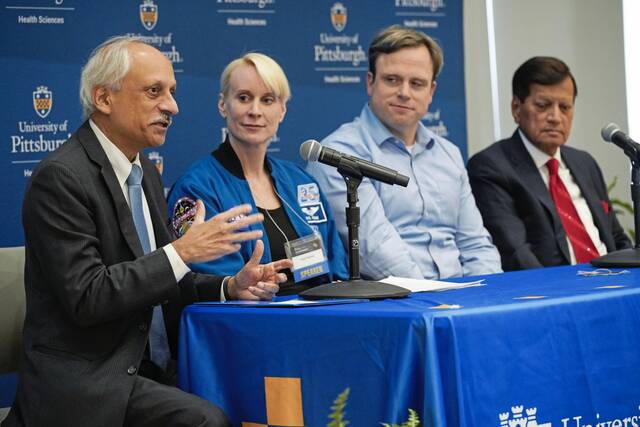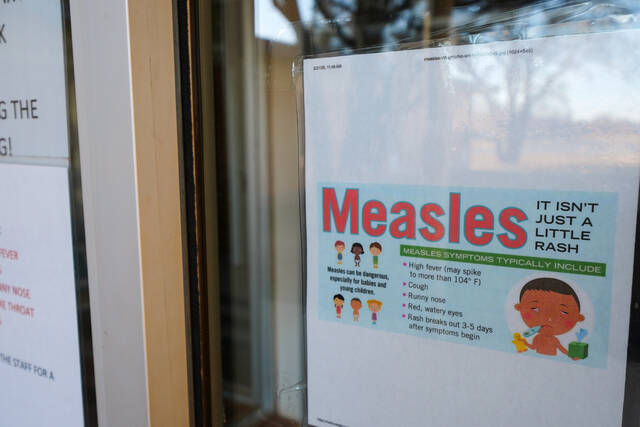The difficulty of diagnosing early acute Lyme disease makes things doubly frustrating for Pennsylvanians, who live in a state that has consistently ranked highest in the nation for Lyme cases.
But Seattle-based Adaptive Biotechnologies is working with clinical researchers across the country — including in the Pittsburgh area — to run trials for a test that could better identify Lyme disease using a technology similar to that of their covid-19 test.
“We’re able to use next-generation gene sequencing to read the genetics of the immune system, and particularly T-cells, which play an important role,” said Dr. Lance Baldo, Adaptive’s chief medical officer. “We’re using a similar technology and approach to diagnose covid. We were able to identify what we’d call a ‘signal’ from T-cells for Lyme disease.”
Missing, or misdiagnosing, Lyme “can lead to pretty severe problems,” Baldo said. “We felt like we had a really great opportunity to demonstrate that we can use T-cells to reliably and accurately diagnose disease.”
Adaptive’s first T-cell-based test, T-Detect Covid, was granted emergency use authorization by the FDA to confirm covid infections during the pandemic.
Through the ImmuneSense Lyme Study, Adaptive is working with researchers such as Dr. Shari Rozen in Pittsburgh to recruit people with recent tick bites who might be exhibiting the classic bull’s-eye rash.
“This is our first study,” said Rozen, a family physician and clinical researcher with Preferred Primary Care Physicians of Pittsburgh. “It’s different from a typical study in that we’re not looking at treatment. We’re looking at a new test for Lyme.”
The study is being conducted blind, meaning neither Rozen nor participants will know the results until all of the study’s data have been collected.
Rozen said her biggest challenge is finding patients when they present with the bullseye rash.
“The best-case scenario would be the ability to identify patients with early Lyme before they go on to develop more serious and persistent symptoms,” she said. “The goal is to find them early, treat them early and avoid those serious complications.”
Analysis of the study’s data will lead to an ultimate determination about the efficacy of the test, and participants’ health will be tracked for a full year.
“We’ll be able to see how people did,” Baldo said. “Did their T-cell signature decay or go away over time? What problems or complications did they encounter? We’ll learn a whole lot over the course of just the next few months.”
If the trials are successful, Baldo hopes to make it clinically and commercially available to diagnose patients.
In the meantime, he and Rozen continue to recruit participants for the study. Across two Pittsburgh-area study sites, 52 participants have enrolled.
Anyone presenting with a bullseye rash can enroll at ImmuneSenseStudy.com. Participants receive $100 for each study visit, up to $400.








